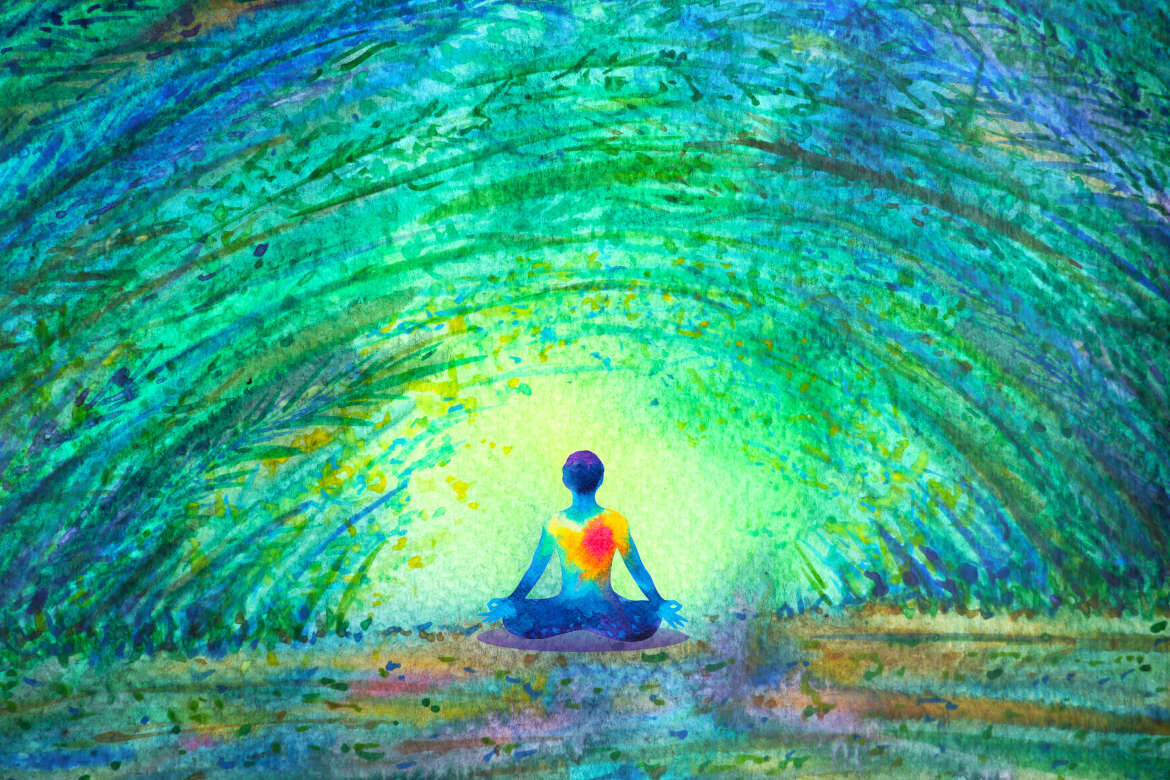

mindfulness
mindfulness
By now you’ve probably heard the word mindfulness more times than you can count. Mindfulness is a powerful tool which merges the evidence based practices of science and medicine with mystical potentials within meditation and holistic medicine as well as positive psychology originally created by psychologist Jon Kabaat Zinn. In fact, as of February of 2018, The University of Massachusetts created the first medical school specifically devoted to mindfulness. The potential impact of mindfulness is far reaching; providing the practitioner with greater insight, calm, clarity, performance enhancement, and even longevity. Recent evidence from The National Institute of Health’s Center for Complementary and Integrative Medicine, suggests that mindfulness has the potential to switch off the expression of genes activated by stress and can reduce the effects of many diseases. There is a growing body of evidence which supports that Mindfulness can be used as a treatment or preventative measure for a myriad of things including anxiety, depression, PTSD, stress and addiction. But what does that really mean and how can we really use mindfulness to treat these conditions? Mindfulness is a powerful set of tools with the potential to help us manage the symptoms of diseases and illnesses as well as lead happy, more connected, and more meaningful lives. Mindfulness is a practice meaning that we can continually seek to improve and expand its application to more and more areas of our lives. So what are some of the things that mindfulness can offer us?
Using mindfulness can help us control the activation of our stress responses by becoming more aware of our thoughts and actions and enhance our ability to respond constructively. We’re able to look at events more objectively and with more purpose; we become more aware of the perceptual quality of our innate responses, for instance, when we are looking at a situation with negativity or judgment instead of being curious or practicing present focus and experiencing events in the moment. We are better able to pause and choose a better way to respond incorporating our “wise-mind” into our thoughts, decisions, and actions.
As we become skilled and familiar with the practices of mindfulness we also become more aware of others emotions therefore increasing our own emotional intelligence. This will result in less conflicts and more compassion and awareness for both ourselves and others.
Mindfulness can also help us become more aware of our bodies and our needs. We are better able to ask ourselves, “Am I reacting angrily because I am hungry or tired? Am I really hungry or am I bored or lonely?” You may also learn the mechanics of your body or to recognize physical aches and pains earlier and take action to prevent injury.
Through coaching and practice with a therapist, counselor or meditation instructor you can learn how to apply these skills to some of the greater challenges in your life. Perhaps that is by managing the negative effects of a mental health diagnosis or physical disease such as by more mindfully combating the physical craving of addiction, or maybe it is by the ability to recognize and understand alter the outcome of a panic attack, or a depressive episode. For others, we turn to mindfulness to accelerate our potential, to take control of our ability to expand toward greater achievement, by accelerating our ability to be calm and focused, to reducing stress in our lives so that we are able to focus on our growth, happiness, and the aspects of our lives that we find positive and inspiring.
https://nccih.nih.gov/health/meditation/overview.htm

